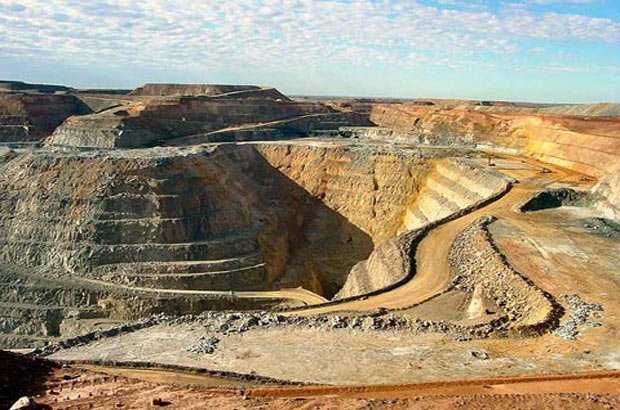Islamabad (TDI): Barrick Gold Corporation’s Reko Diq project is expected to secure more than $2 billion in financing from leading international lenders, announced the Project Director Tim Cribb during the Pakistan Minerals Investment Forum 2025.
The project, jointly owned by Barrick Gold, the Government of Pakistan, and the Government of Balochistan, aims to transform Pakistan’s mineral landscape.
The financing, currently under negotiation with global financial institutions, will support the development of Phase One of the mine, which is projected to start production in 2028.
“We expect to close the term sheet by late Q2 or early Q3,” said Cribb. “Our goal is to ensure sustainable and strategic financing that enables the long-term success of the Reko Diq project and supports Pakistan’s broader economic goals”, he added.
Key financial partners, with whom discussions are underway, include:
- International Finance Corporation (IFC) and International Development Association (IDA): Estimated $650 million in financing.
- US Export-Import Bank: Between $500 million and $1 billion.
- Asian Development Bank, Export Development Canada, and Japan Bank for International Cooperation: An additional $500 million.
- Railway infrastructure financing: Estimated at $500-800 million, with an initial cost of $350 million, under discussion with IFC and others.
Read More: Pakistan Minerals Investment Forum 2025
The Reko Diq project, based in Balochistan, is forecasted to generate an impressive $70 billion in free cash flow and $90 billion in operating cash flow over its lifespan.
A recently revised feasibility study has increased the planned production throughput—raising Phase I capacity from 40 million to 45 million tons per annum and Phase II from 80 million to 90 million tons.
However, the increased throughput has adjusted the expected mine life from 42 years to 37 years. Despite this revision, Barrick Gold remains optimistic that untapped mineral reserves could potentially extend the mine’s lifespan to 80 years.
Read More: Only Global Cooperation Can Meet Mineral Demand: Minister
The cost of Phase I has been updated to $5.6 billion, up from an earlier estimate of $4 billion, reflecting the expanded scale and infrastructure investments.
In parallel, discussions are also underway with international clients to secure long-term offtake agreements for copper, with interest from countries across Asia—including Japan and South Korea—as well as European nations such as Sweden and Germany.
The World Bank has also expressed commitment to invest $2 billion annually in Pakistan’s infrastructure over the next decade, reinforcing confidence in the country’s economic trajectory.
Areeba Kanwal is a contributor at The Diplomatic Insight and has passion for International Relations and diplomacy.



